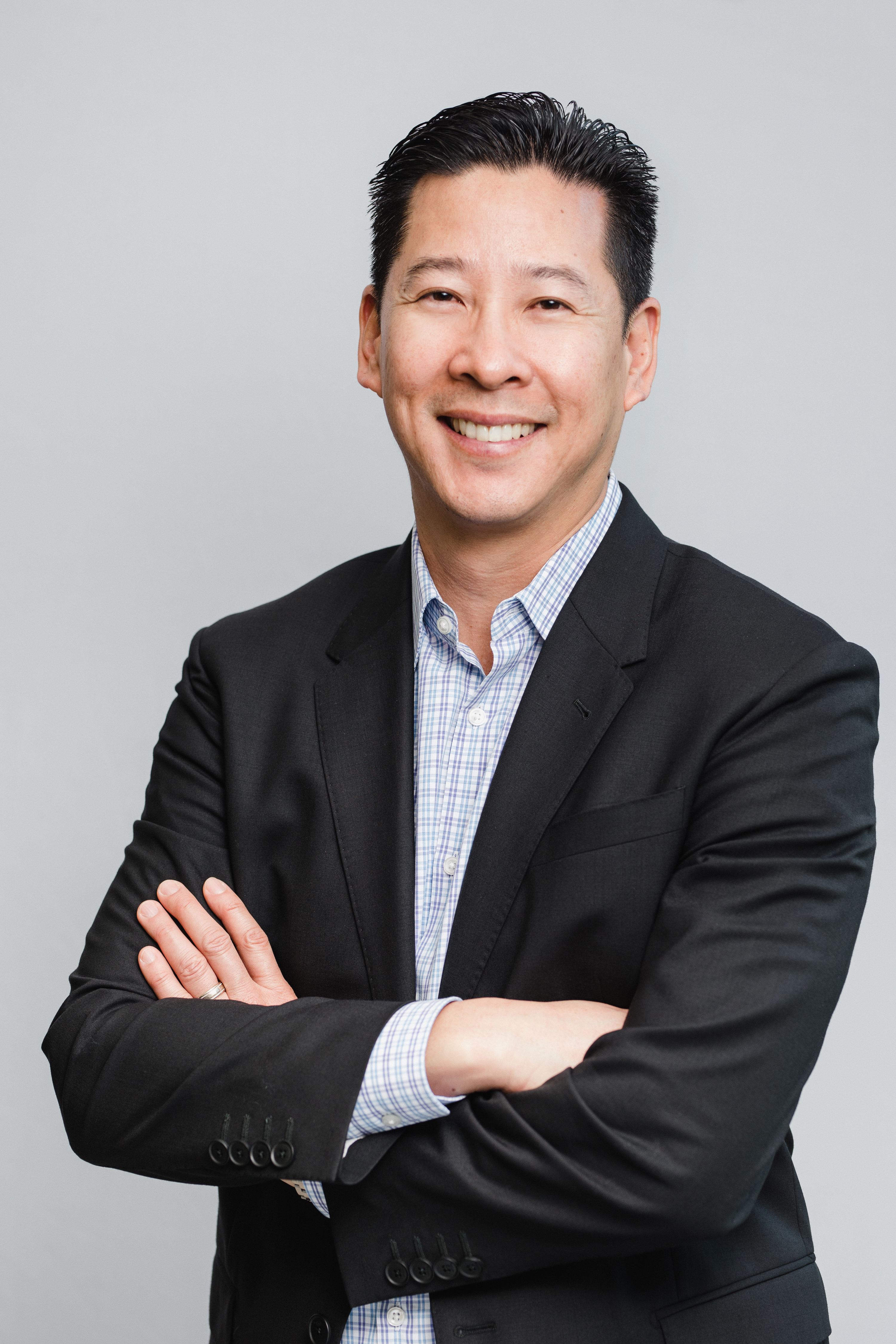
TRETINOIN, RETIN-A, ATRALIN, TAZORAC, DIFFERIN, ADAPALENE, RENOVA, EPIDUO, ZIANA, REFISSA, RENOVA
- Your medication may cause irritation. Over time, most people become more tolerant and have less irritation.
- Start using every other night for the first 2 weeks. Increase to every night if tolerated.
- Use only one pea-size amount to cover the entire face-no more is needed. If instructed, a pea-size amount can also be used on the chest or back.
- You must use a moisturizer with this product. Apply moisturizer after the medication. If you are dry or irritated, apply the moisturizer first.
- Be patient, results slowly increase with time, and it is 2-3 months before a more noticeable change will occur.
- Use sunscreen every morning, as the medication will initially make you more prone to sunburn.
- If you plan to wax any hair in the area treated, you will need to stop the medication 1 week prior to waxing as tolerated.
- Stop using if you become pregnant.

Topical Retinoids (vitamin A related creams) play an integral role in the treatment and also prevention of acne. The most well known retinoid is Retin A®, now available as a generic. Many other brands are available, all of them by prescription. These include Differin®, Epiduo®, Tazorac®, Ziana® (which combines a retinoid with a topical antibiotic), Tretin-X®, and a few others.
The over the counter retinol is much weaker than prescription retinoids, because the retinol must get absorbed into the skin and then be converted into the retinoid. The skin will convert only a small amount into the active ingredient.
The basic lesion of acne is the microcomedone, which essentially means a blockage in the pore. This causes a back up of skin cells and oil. Bacteria in the pore feed on this oil and then a pimple results. Retinoids are the most effective way to eliminate these microcomedones, thus allowing the pores to eliminate the dead skin cells and oil. Once you have taken care of these, you have basically handled the acne.
Almost all acne patients will benefit from a topical retinoid. As many of the doctors have already expressed, the process of unblocking these pores takes time and patience, often months. However some results are seen almost immediately, they just continue to improve over time. Retinoids can also be irritating, causing the skin to dry out or peel, especially if not used correctly. Only a small amount is needed, about the size of a Tic Tac or two, depending on the size of the face.
There are different strengths of retinoids, so it is best to start on the weaker end and let your skin adjust to that, and then build up to as strong a level as the skin can tolerate.
There is a myth that you cannot be in the sun if you use a retinoid. This is false, and you can be in the sun, but it is always a good idea to use some sunscreen, especially if you are out a long time. Studies showed that even though the skin got redder in those people using retinoids, there was actually less damage to the cell's DNA and the skin healed more rapidly. Retinoids have an added benefit of helping the body rid itself of damaged and precancerous cells, in addition to the famed anti-wrinkle benefits.

Most patients with acne will benefit from topical retinoids. It is one of the few medications we prescribe topically that helps to prevent new pimples from forming.
Retinoids do not help patients overnight, but in the long run, they can make acne much better. It is important for patients to continue using the medication -- even if they don't think it is helping. It often takes weeks or months to realize how helpful the product is.
When starting a topical retinoid, it is important to use only a small amount. If used too aggressively, the medication can irritate the skin -- and discourage the patient. However, slow and steady use will result in reliable improvement of acne.

I think topical retinoids play a crucial role in the management of acne.
We know that retinoids normalize the keratinization process, which will control and even prevent further acne outbreaks for the long term.
If a patient has comedonal acne alone, we will prescribe a topical retinoid as the main therapy and maybe add benzoyl peroxide.
If a patient has inflammatory acne (with redness and pustules), we still start with a retinoid and add either a topical or oral antibiotic as needed.
In cases of severe, recalcitrant, cystic acne, we will usually prescribe an oral retinoid, such as isotretinoin.
I tell my patients that they might get a bit dry at the beginning of treatment and sometimes mild redness. We call this the 'retinoid effect'. Eventually the skin normalizes and patients will be able to tolerate the retinoid very well. For those people with more sensitive skin, we have them use a non comedogenic moisturizer after applying the medication. This alone will allow the product to work just as well as we improve the barrier function of the skin.
Visit Dr. Rendon's website at Dermatology and Aesthetic Center
Source: Vivacare
Last updated : 2/10/2023